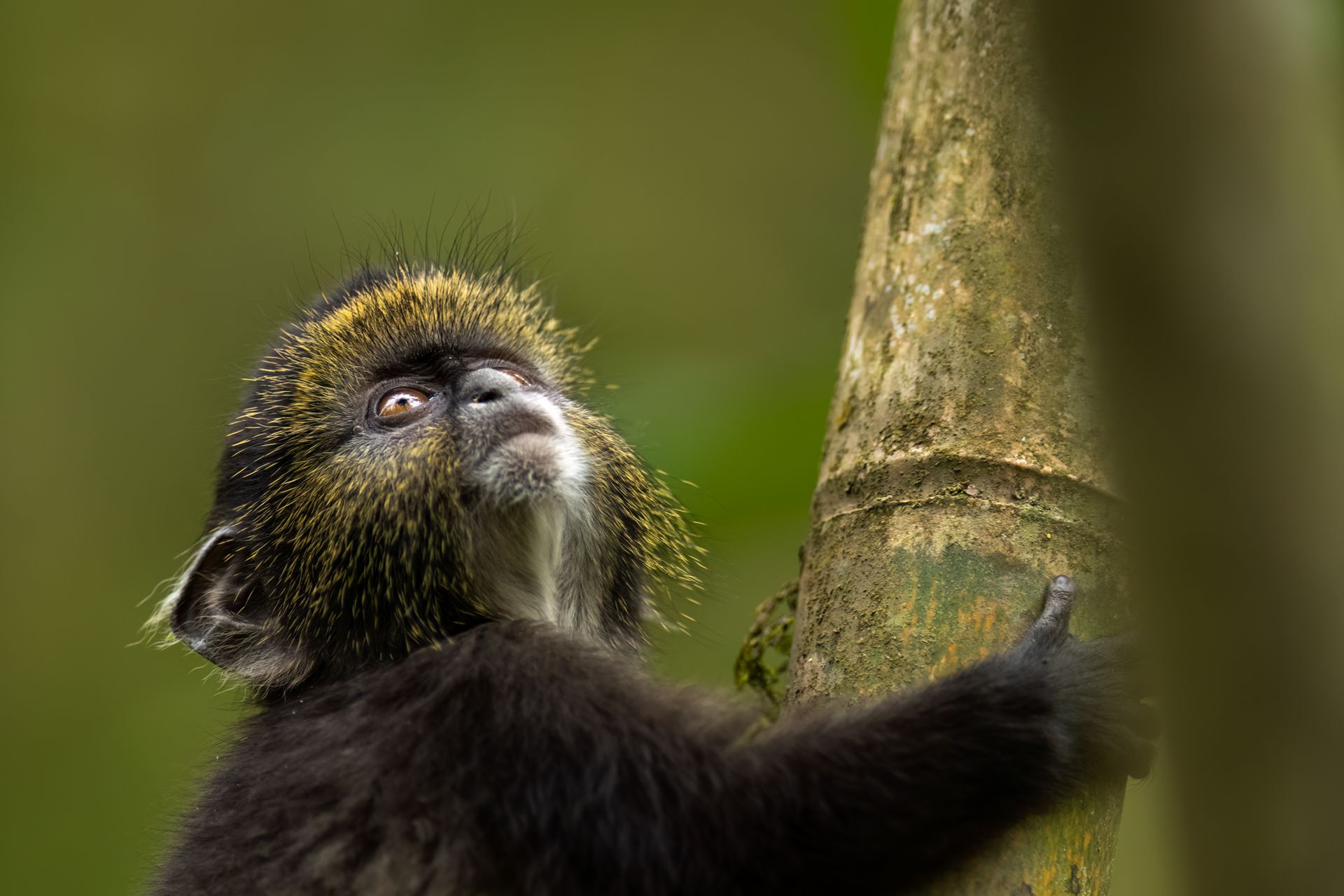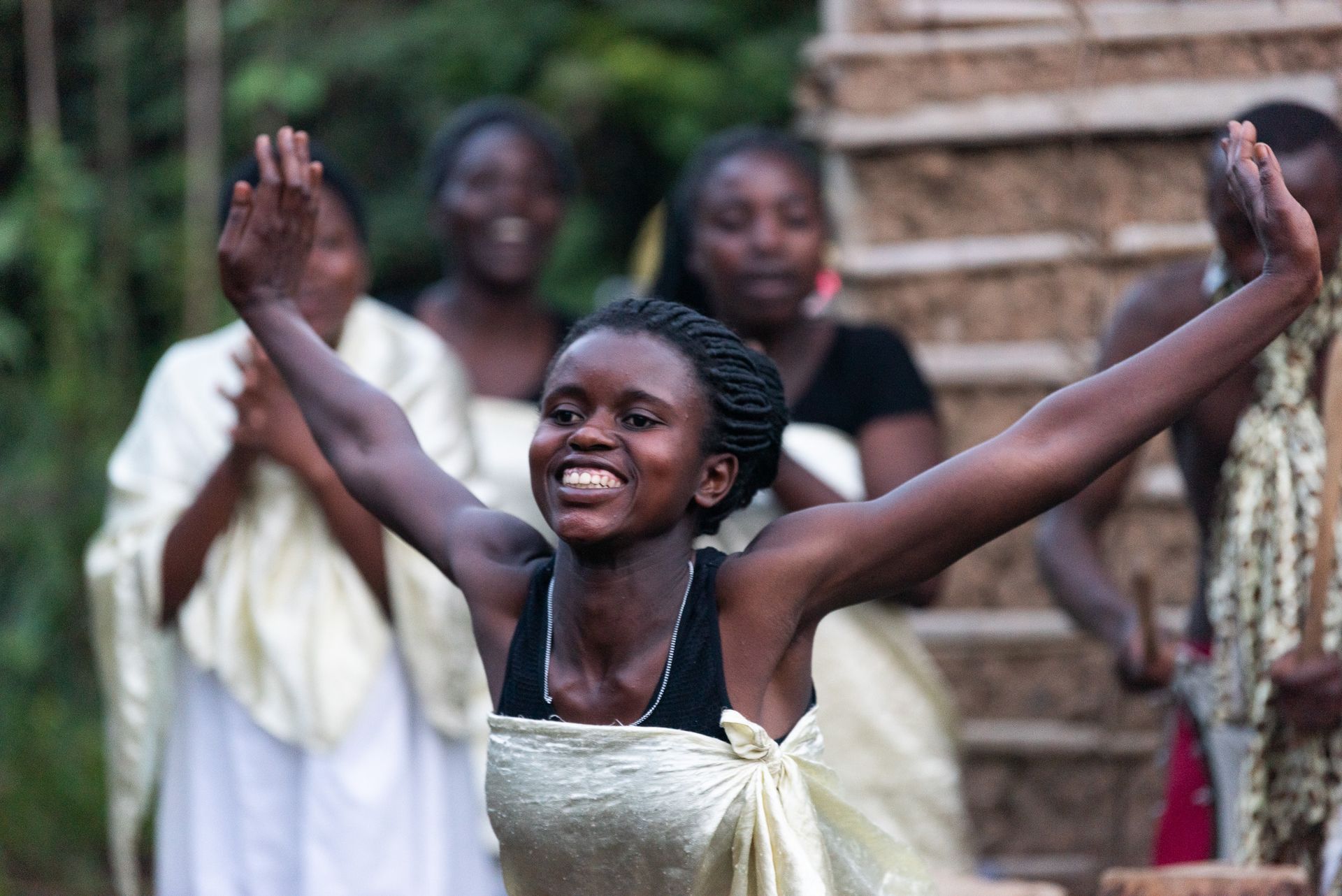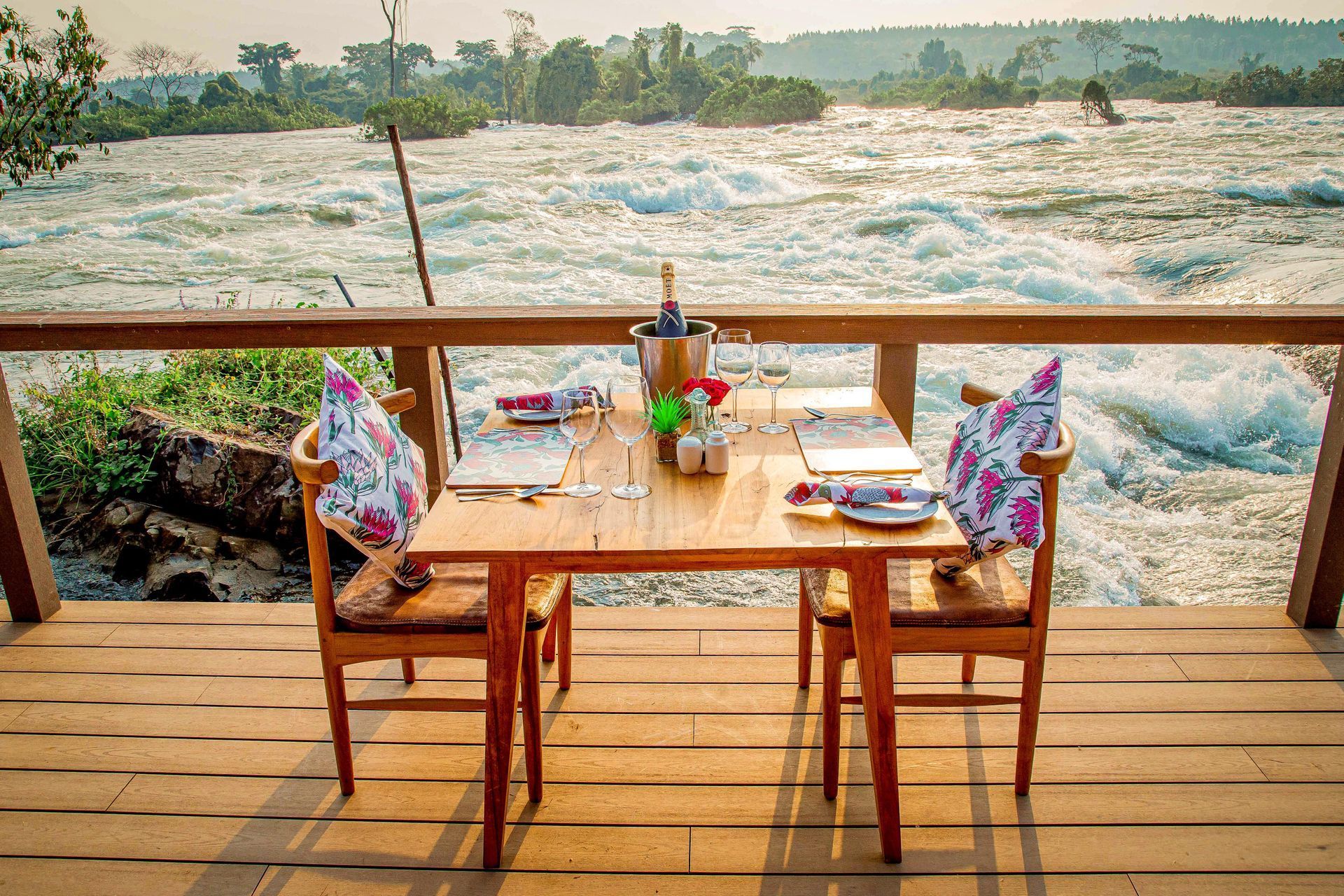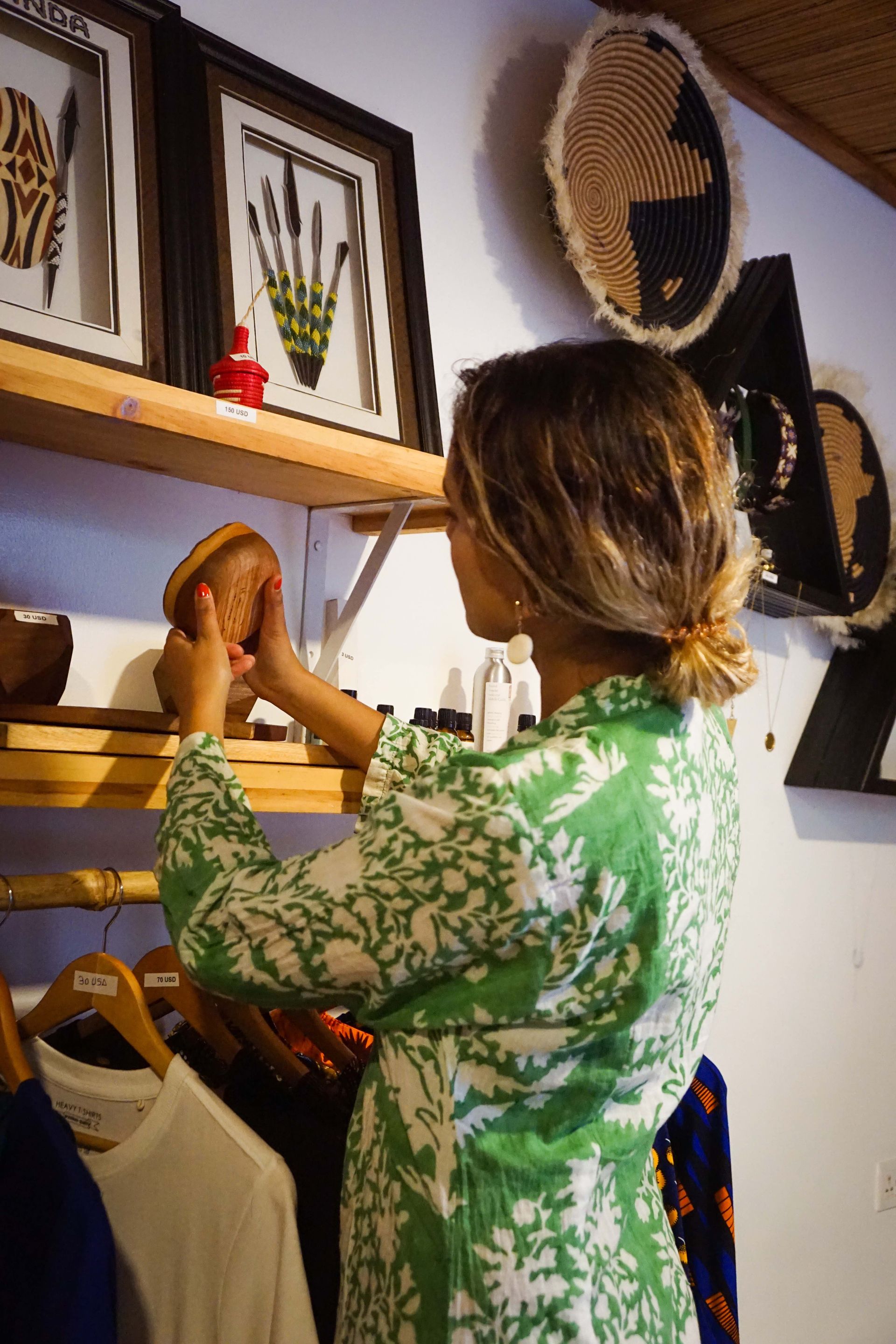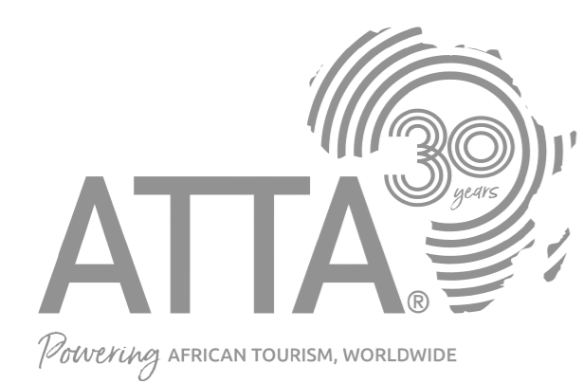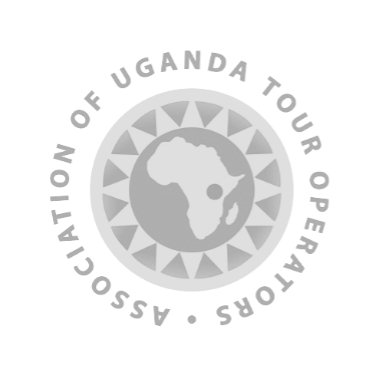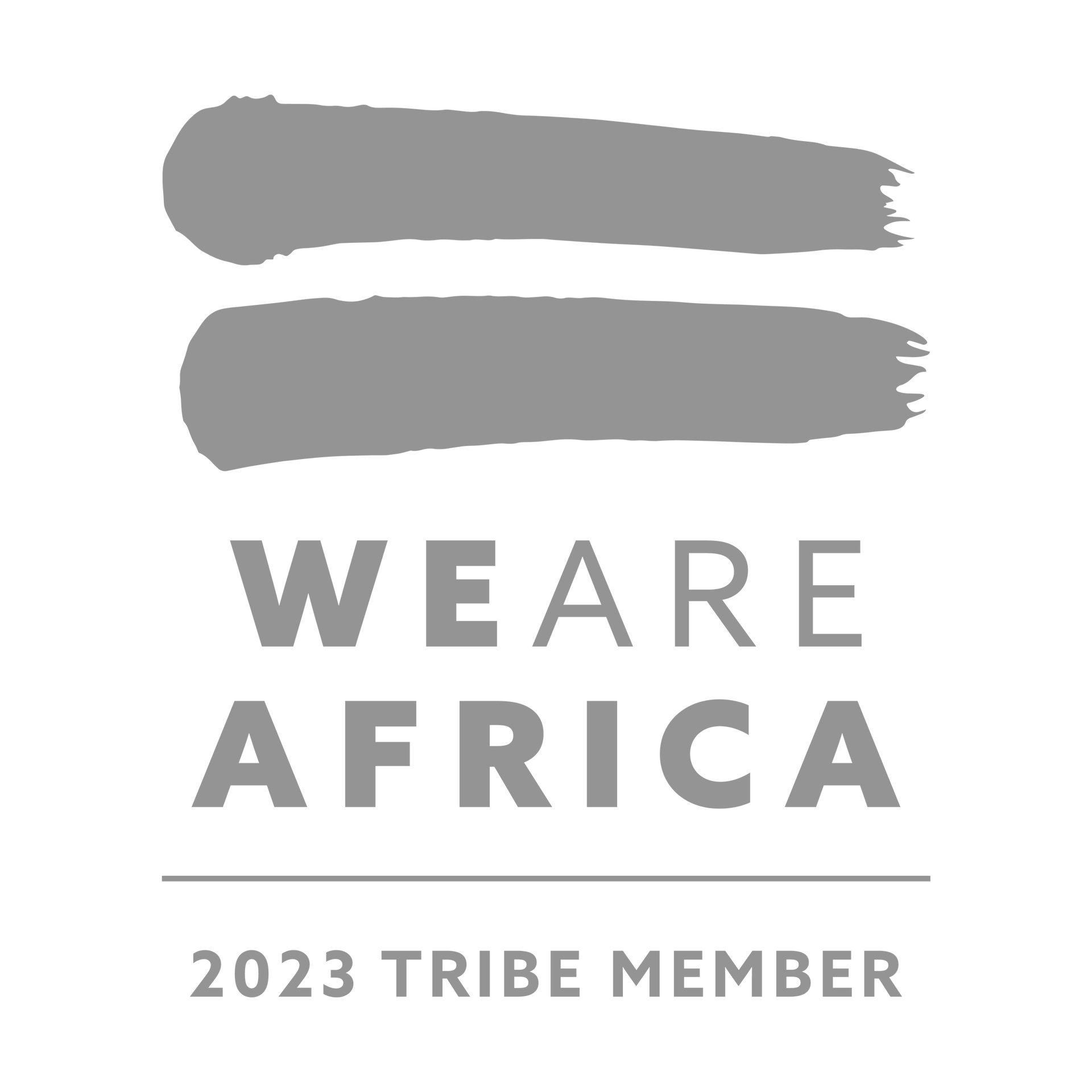Travel Info
A useful guide to travelling in Uganda and Rwanda
It's always important to be well-informed before travelling anywhere for the first time. Here at Speke Holidays, we aim to keep you up to date with the latest information both before you travel with us and while you are on safari. We have pulled together this information guide as a good introduction to what to expect on the ground in Uganda and Rwanda. When you book your safari with us, you will be receiving more detailed information for every destination featured in your itinerary.
INFORMATION AT YOUR FINGERTIPS
Plugs and electrical
For Rwanda there are two associated plug types, types C and J. Plug type C has two round pins and plug type J has three round pins. Rwanda operates on a 230V supply voltage and 50Hz.
For Uganda the associated plug type is G, which has three rectangular pins in a triangular pattern, as in the UK. Uganda operates on a 240V supply voltage and 50Hz.
Please bring international plug adaptors with you.
Primate trekking permits
If you plan to go gorilla trekking, you'll need to obtain a gorilla trekking permit. These permits have limited availability, so it's advisable to book well in advance. The permit allows you to spend a limited time in the presence of a gorilla family. For chimpanzee tracking and golden monkey tracking, you'll also need permits. Make sure to secure these permits in advance to ensure availability.
The minimum age for visiting the gorillas is 15 years, whereas for chimp trekking it is 12 years. Some national parks offer alternative activities for children below the age of 12 years to keep them busy as their parents go for chimp trekking.
You can get a gorilla permit at $700 in Uganda and $1,500 in Rwanda. The cost for chimp trekking lies between $50-$200, depending on the national park.
Physical fitness
Gorilla trekking and other primate tracking activities can involve hiking through dense forests and uneven terrain. It's essential to be in good physical condition. Consider your fitness level and choose a trek that suits your abilities. If you have a cold or are feeling under the weather, you will not be allowed to take part in gorilla and chimp trekking to prevent any illness being passed to the gorillas and chimps.
Visas
You are most likely required to get a tourist visa for Uganda or Rwanda. Depending on which country you will travel to, you must apply for a Uganda tourist visa online with Uganda Immigration, since a visa on arrival is no longer possible. For Rwanda, you can obtain a tourist visa on arrival. If you are visiting both Uganda and Rwanda or going on to Kenya, you will need an East African tourist visa that allows you to visit all three countries.
Debit and credit cards
While you can withdraw a limited amount of cash per day from ATM machines in bigger cities, there are very few opportunities to withdraw cash once you are on safari in Uganda. Most restaurants and lodges also accept payment by card (Visa, MasterCard or Amex). Visa cards are the most accepted wherever card payments can be made. It’s always advisable to bring some cash as sometimes transactions can be delayed due to poor network since some lodges are located in remote areas of the country. Kampala and Entebbe have foreign currency shops (Forex bureaux) in case you need to acquire some local currency.
Speke Holidays accepts payments by credit card.
Tipping
How much to tip in Uganda and Rwanda depends entirely on your level of satisfaction of course, but even a small tip to show your gratitude will be highly appreciated. You might consider $10 per day if you are happy with the service of your safari guide and 5-10% tip in up-market hotels and restaurants.
Vaccinations
A number of different vaccinations are recommended and/or required before entering Uganda or Rwanda. We recommend to have a travel medicine consultation in your home country before visiting. A yellow fever vaccination is required to enter Uganda. It is not required for Rwanda if you haven’t visited any country with a risk for yellow fever transmissions. Immunisations against DTP (Diphtheria, Tetanus and Polio) and Hepatitis A are recommended as well. Besides bringing mosquito repellent, we also advise you to take malaria prophylactics (prevention medication).
Safety and security
Uganda is a very safe country to visit. You will be warmly welcomed wherever you go by the friendly smiles from the country’s residents. The most popular national parks are situated in the south (west) of Uganda and are safe to visit. The border area with Rwanda and DRC remains stable and all national parks and wildlife reserves are well protected by the Uganda Wildlife Authority’s rangers. Tourism is hugely important for Uganda’s economy and a Tourism Police Force has been created to protect visitors.
Rwanda is considered one of the safest African destinations for tourists. The country has made significant strides in terms of stability and security since the tragic events of the 1994 genocide. Known for its cleanliness and orderliness, Rwanda has become a popular choice for travellers, especially those interested in wildlife experiences such as mountain gorilla trekking.
Your safety is Speke Holidays’ absolute priority and you can be rest assured that we will always give you the best travel advice as well as keep you updated should you have security concerns.

